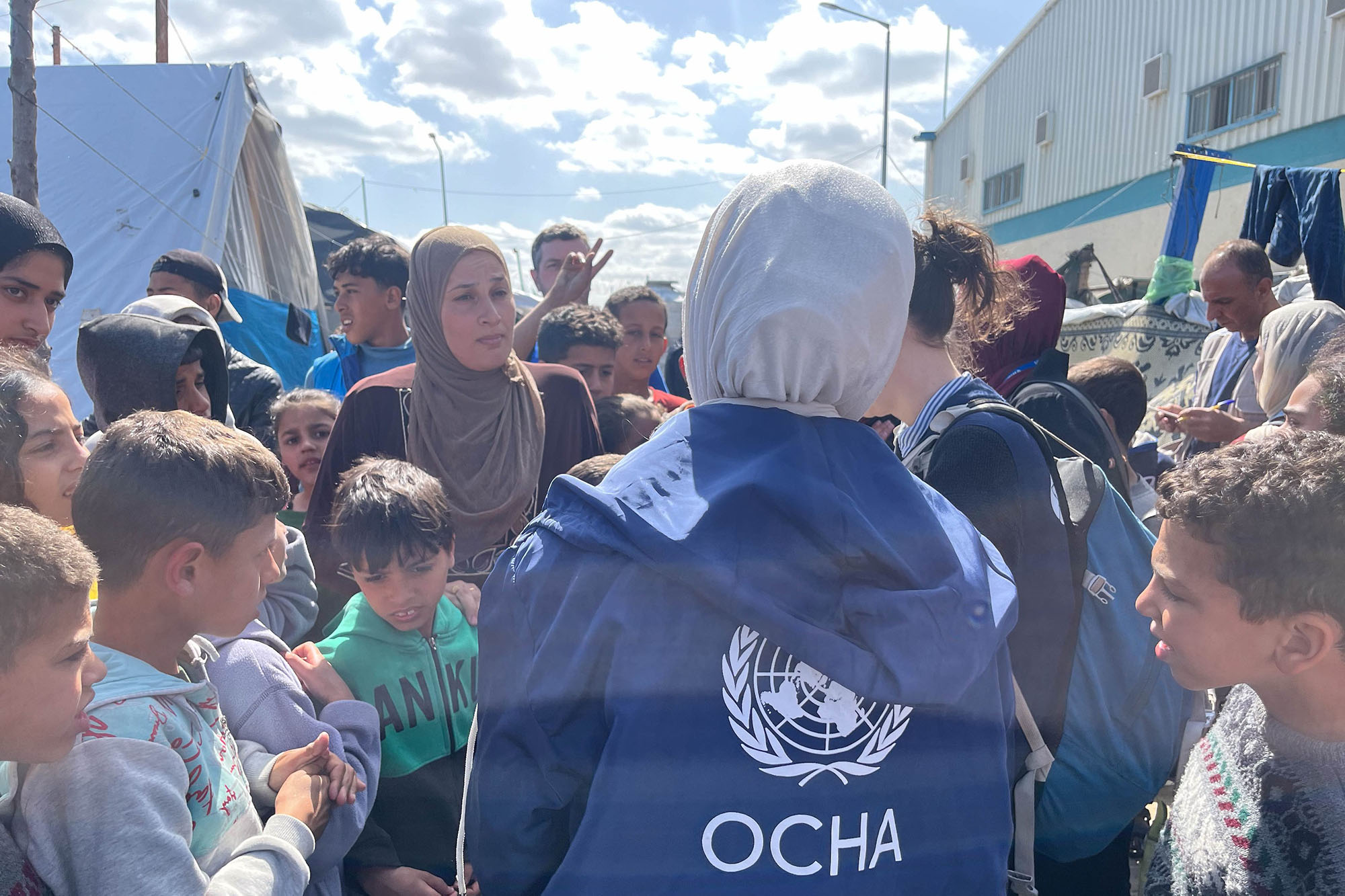
According to a report from the United Nations Office for the Coordination of Humanitarian Affairs (OCHA), Syria is grappling with a “triple threat” of insecurity, economic instability, and humanitarian challenges during its delicate transitional phase. The report highlights urgent issues that must be addressed to prevent further suffering and stabilize the nation following years of conflict.
Insecurity Pervades the Nation
OCHA’s report underscores the persistent insecurity across Syria, with hostilities and crime continuing to affect governorates such as Aleppo, Deir Ezzor, Hama, Homs, Latakia, Quneitra, Rif Dimashq, and Tartous. Rising crime, due to former Assad regime elements and Iranian incitement, has particularly plagued parts of Aleppo and coastal areas in recent weeks. While Israeli attacks and incursion have troubled the south and PKK militias continue to occupy large swaths of northeastern Syria.
In Homs, where pockets of former Assad regime officers have hidden, the establishment of new checkpoints and ongoing security operations by the caretaker government has restricted movement as criminals are pursued, limiting access to essential humanitarian facilities, including spaces designated for children.
The ongoing volatility has also led to the suspension of humanitarian operations in Aleppo, Deir Ezzor, Latakia, and Tartous, while aid shipments from Damascus to Qamishli in the Hasakeh governorate have been temporarily halted.
Economic Strain Deepens the Crisis
The UN also warns of mounting economic pressures, which continue to exacerbate Syria’s humanitarian needs. Financial liquidity shortages, deteriorating public services, and rising fuel and transportation costs are straining communities already reeling from years of war.
While OCHA noted a slight decline in food prices, critical gaps remain. Bread availability in Aleppo and its western regions remains low, and bakeries in Deir Ezzor require urgent repairs and basic supplies like flour to resume full production.
“The situation in the public service sector, including water and electricity infrastructure, demands immediate attention,” the report states.
Infrastructure Damage
Syria’s infrastructure remains in disrepair, hampering recovery efforts. Villages in southern Idlib, northern Hama, and western Aleppo have been devastated due to their proximity to former front lines, where regime-occupied towns and cities have been destroyed by years of looting, neglect, and mismanagement leaving essential facilities such as roads, electricity grids, and public service hubs require urgent rehabilitation.
One of the most significant challenges is the damage to the Tishreen Dam, which has been nonoperational since December 10 due to hostilities. The dam’s destruction has left approximately 413,000 people in Manbij and Kobani without access to water and electricity.
Urgent Action Needed
OCHA stresses that addressing these interconnected crises is essential to support Syria’s transition and to avoid worsening humanitarian conditions. Prioritizing security, economic stability, and infrastructure rehabilitation will be key to helping Syria rebuild and fostering an environment conducive to long-term peace and development.
As Syria navigates its fragile recovery, such reports serve as stark reminders of the immense challenges ahead and the need for coordinated international support to address the country’s ongoing crises.








